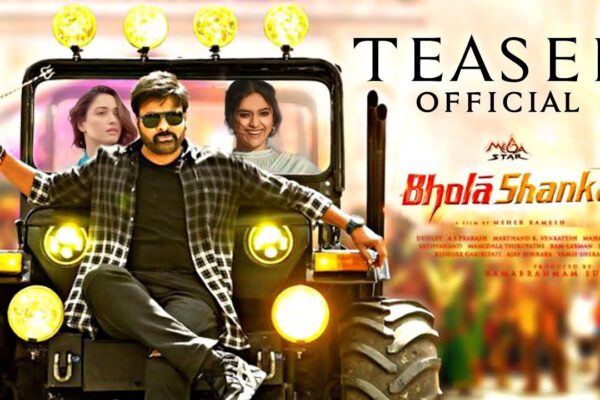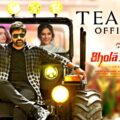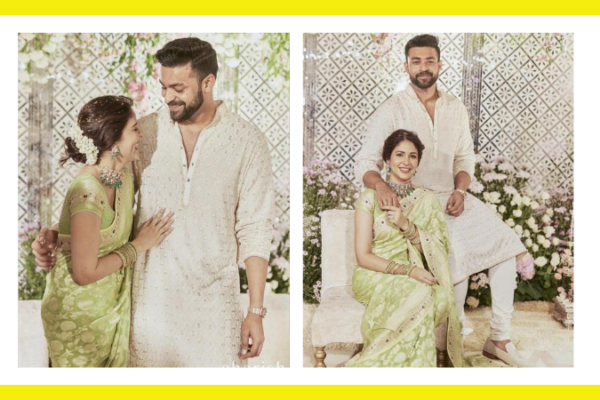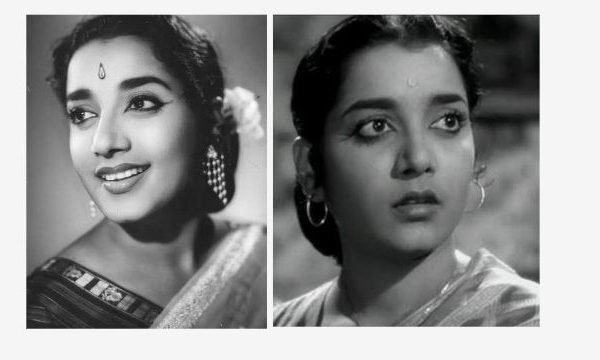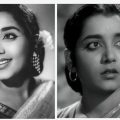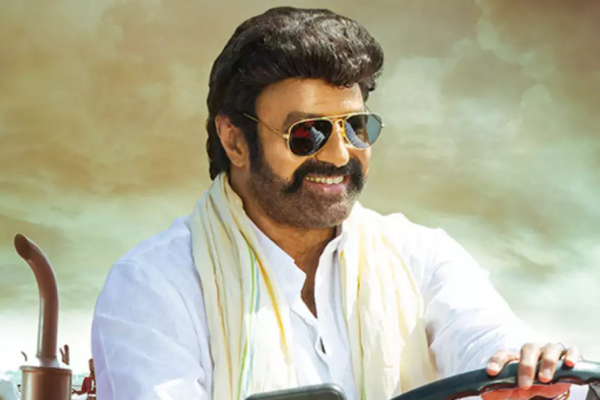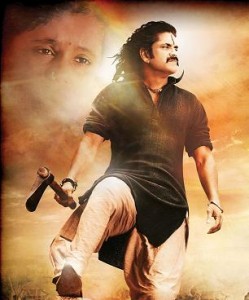 Nagarjuna’s Rajanna comes as a breath of fresh air for Telugu viewers after a long time. The period film made with great care and passion by both Director Vijayendra Prasad and Producer Nagarjuna has certainly lived up to its pre-release promotion. The story by Suddala Ashok Teja is packed with all elements that are essential for making a film in flesh and blood. The music by MM Keeravani is truly moving in its tender moments and inspiring in its climactic moments.
Nagarjuna’s Rajanna comes as a breath of fresh air for Telugu viewers after a long time. The period film made with great care and passion by both Director Vijayendra Prasad and Producer Nagarjuna has certainly lived up to its pre-release promotion. The story by Suddala Ashok Teja is packed with all elements that are essential for making a film in flesh and blood. The music by MM Keeravani is truly moving in its tender moments and inspiring in its climactic moments.
Telangana as a theme is now an old wine with a whole lot of quickies being turned out on the subject recently. We have seen films like Jai Bolo Telangana and Poru Telangana which are more propaganda and less cinema. Rajanna however is in a different class.
Rajanna is based on the incidents during the Nizam period immediately after India attained Independence – 1948 to be more precise. That was when Nizam and his Razakar goondas were making life hell for the common man in Telangana.
Rajanna is a story revolving around the incidents that happened during this crucial period in the history of Telangana. The plot is loosely based on the life of Suddala Hanumanthu, father of lyricist and writer Suddala Ashok Teja. However, a lot of fictional elements were weaved into the plot to make it cinematically effective.
The story of Rajanna, who led his village to revolt against the marauding Razakars, is told through Mallamma’s journey to discover her roots.
Nagarjuna should be credited for giving more importance to the movement of the story than to himself. In fact, the girl Annie who plays his daughter Mallamma is the highlight of the film. It is Annie who carries the film with her impressive histrionics and empathetic portrayal of a complex character.
Rajanna is gripping at several points, with some of the action sequences – specially choreographed by director SS Rajamouli – taking your breath away by their sheer grandeur. The camera work contributed by three ace cinematographers is outstanding.
As mentioned already, Rajanna will be remembered for a long time for Keeravani’s soulful rendition. Since both Rajanna and his daughter are portrayed as singers, the music was rightfully given its commanding space in the film. Two songs “Amma Avani” and ‘”Veyyi Veyyi Debba” are two different but powerful numbers – one soul-touching and another soul-stirring.
The second half of the film sees a little drag, and another sore point we found is lack of Telangana idiom in the film as a whole. None of the songs also carry that raw Telangana feel. The sanitized version in terms of language – and costumes to some extent as they are not exactly authentic – probably was necessitated by commercial considerations.
Of the actors, Anne, the little girl, is easily the most memorable, while Nagarjuna was adequate on the whole and intense in some scenes. Swetha Menon as Dorasani is good.
Nag said he chose to produce the film as he was against unwanted commercial elements in the film, which might be required if it were an outside production. Truly, Nag did not compromise on the thematic integrity of the film. Truly, an honest attempt and a must watch.

